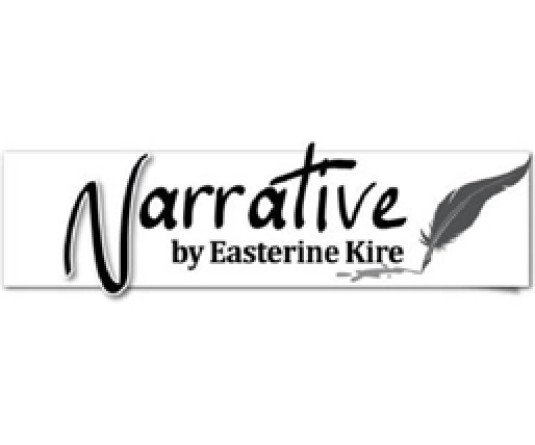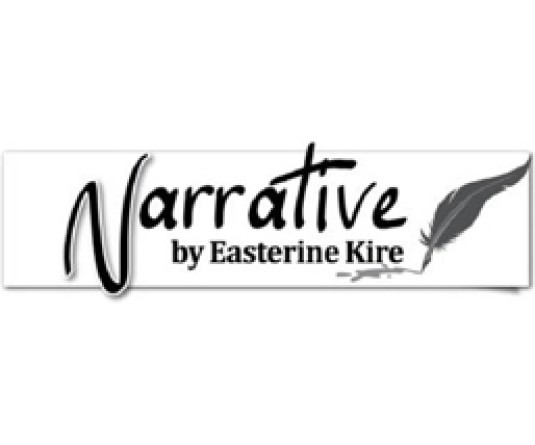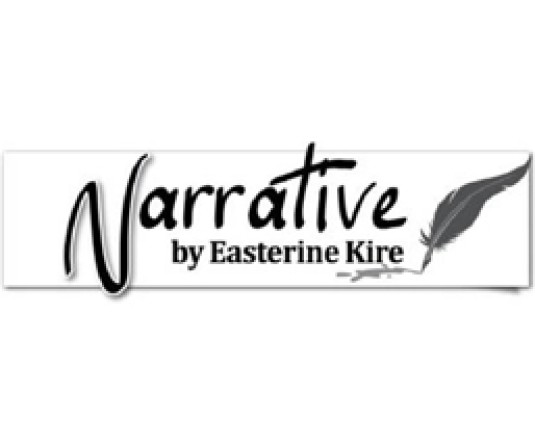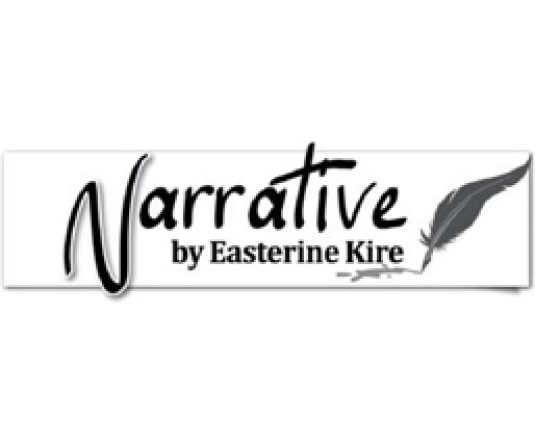
Easterine Kire
He is often seen downtown steering himself along on his electrical wheelchair. Like a permanent fixture of the city centre. RH is also known as a city poet because he looks at the semi-urban landscape through a poet’s eyes and brings out beauty from the mundane and the everyday. It could be the sight of two people in conversation, or summer flowers, or a young girl under a lamppost or one of the many churches – Rh seems to have a poem for every sight of the city. The beauty in it is that RH writes his verses and brings gladness to his readers’ hearts.
‘I lost my feet before I turned forty,’ he explained to me. It was a case of diabetes and both feet were amputated within a week in order to save his life. But the experience has not imprinted bitterness in him. His smile is childlike as he shows his glee at an unexpected sight such as two geese flying above or a puppy running after a pigeon. He is also a reflective man, questioning the problems of race and humanity as can be seen in poems like this:
Equal value
Why must we hate
Those from another culture
Those with another skin colour
Another faith than ours
Were we not all born
With the same worth, my friend
Why did Hitler hate
The Jews during the war
Why did he want that
The world should be rid of them
Were they not also born
With the same worth, my friend
Why was my own father
Forced to hide his origins from me
The truth that he belonged to a people
That many looked down upon
Are we Samis not born
With the same value as others, my friend
My father is a light in my life
I rejoice when I hear a joik*
The vidda**is a beautiful place
I have no shame, just great pride
Because you and I have the same value.
*joik: traditional Sami music
** vidda: the tundra
Life is definitely not easy without feet. It is lonely, restricted and disabling in many contexts. RH admits that the things that others take for granted such as marriage, children and a family life, are beyond his reach. How does he cope with that? RH has great faith in God. He lets his faith carry him through the very difficult life that he lives without feet. He does not allow feetlessness to stop him from appreciating the glory he sees around him throughout the year. His uses his disability in a different way – it helps him find virtue in all created things, particularly in the different groups of the human race, and he chooses to see their merit and conclude they are all of equal value. And it teaches us to be less judgmental, less intolerant, and more grateful for life and its unseen blessings.






